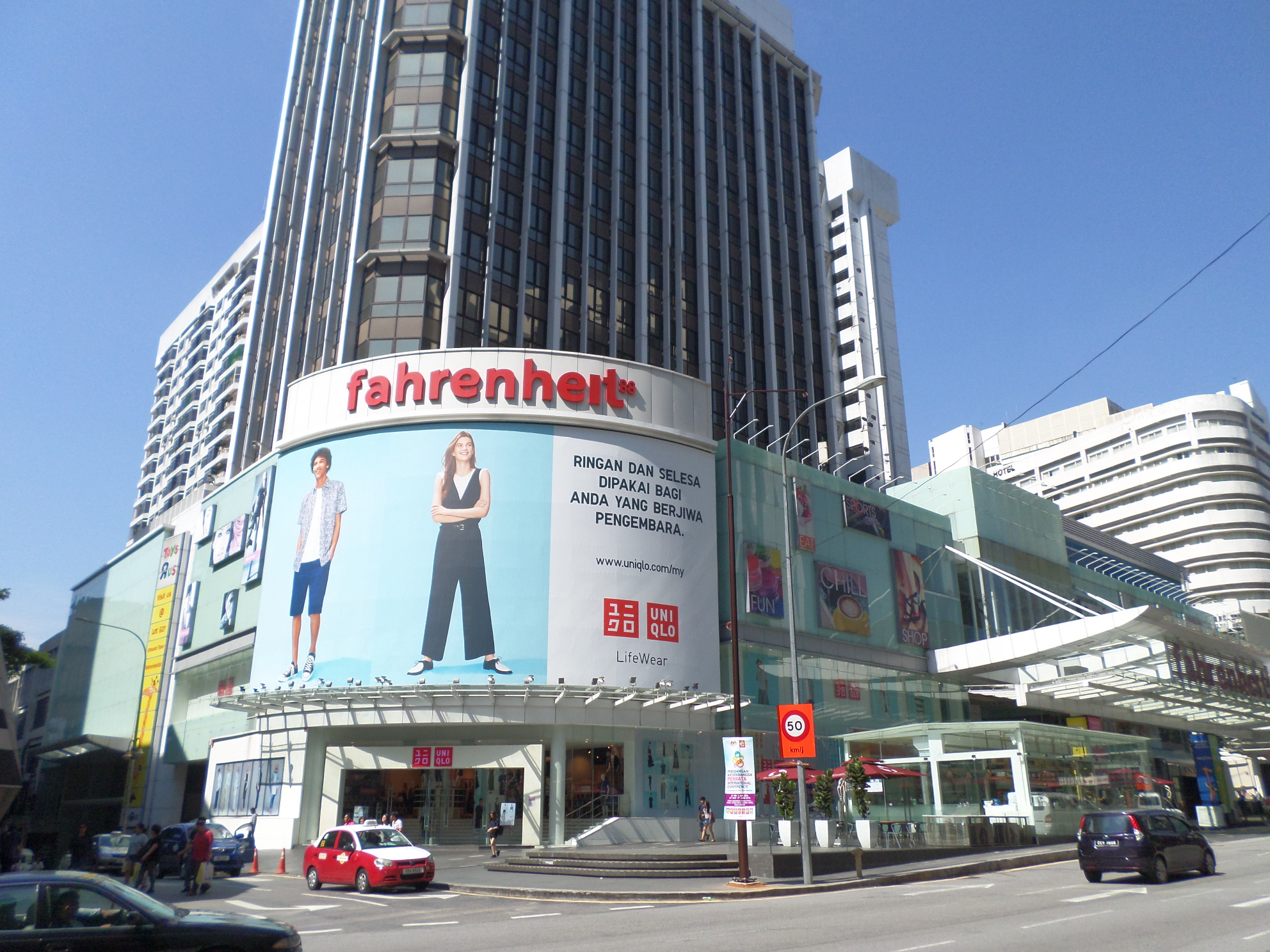Written by Isaac Yeap
A brand that implements a very unique business proposition and couples that with traditional Japanese values, definitely needs no introduction. Uniqlo has definitely carved its niche and nestled inside comfortably, showing everyone else how good, evergreen clothes can be an additonal style factor, but also as essential as water itself in your wardrobe.
But Uniqlo’s story isn’t as clean a success story as it seems.
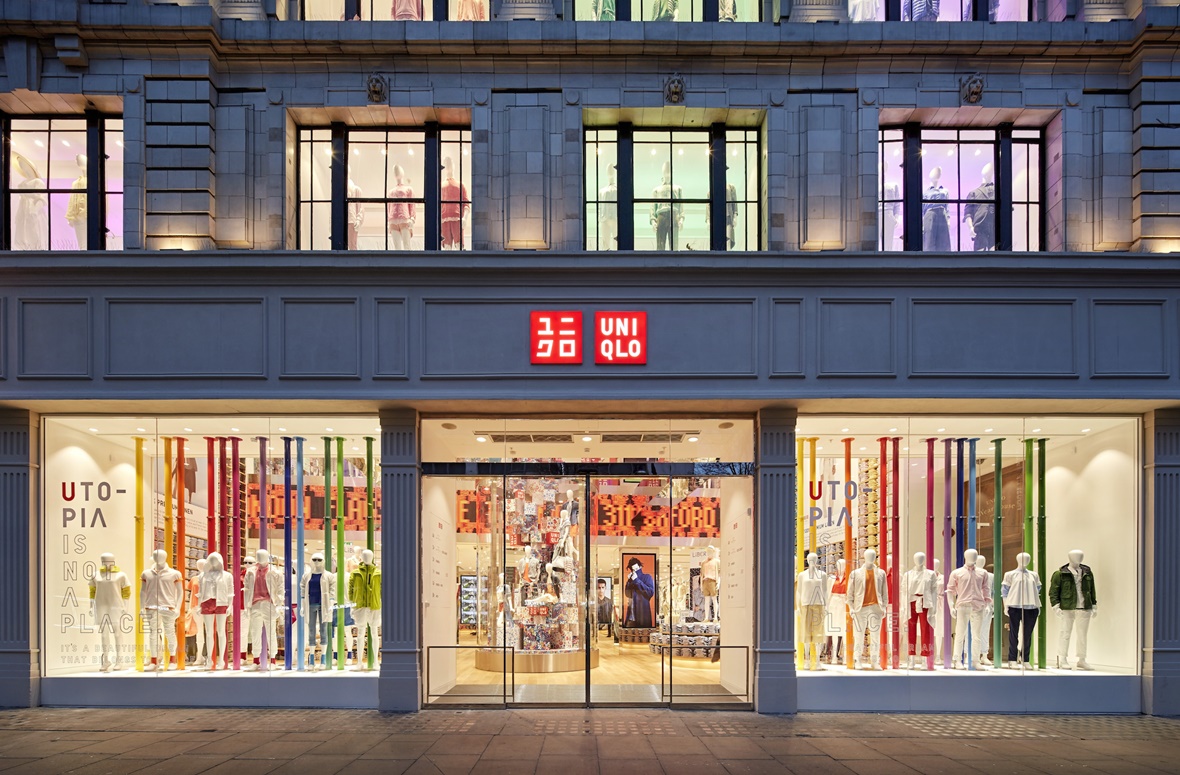
Uniqlo, Oxford Street
In fact, it was muddled with plenty of hardships & obstacles. The brand had to temporarily halt their plan for world domination in the early 2000s as Uniqlo’s position in the European markets absolutely tanked expectations. Uniqlo’s touchpoint in the UK was an aggressive expansion plan to open up 21 stores in London and basically become king of the retail hill on the little island up north. Sales were so bad, they had to close 16 of them within a year. But that didn’t stop them from marching on with it.
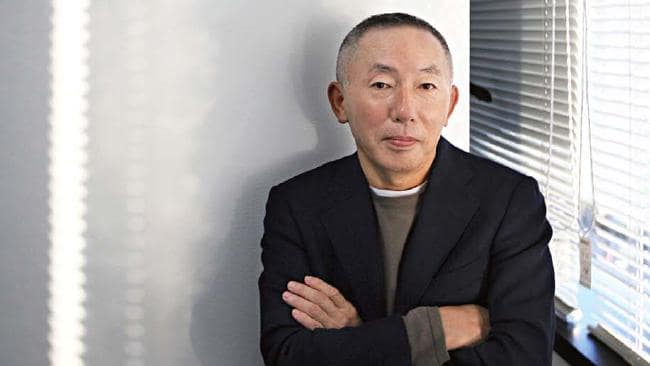
Uniqlo founder, Tadashi Yanai
When we think of Uniqlo a couple of things come to mind: affordable, and high quality garments for the everyday man & woman. You name it, they’ve got it. From office-wear to daily casual wear even down to your undergarments. Uniqlo’s got you covered for a good price. That was Uniqlo’s goal from day one, starting from their CEO, Tadashi Yanai, a retail genius of his kind believing that good quality & fashionable designs should be made for everyone. This idea/philosophy however, was heavily criticised back in the early 1980’s when cut & sewn products were deemed higher quality. However, Tadashi-san saw a silver lining as brands like GAP and Giordano are offering fashionable clothing but with affordable pricing elsewhere around the world.
Uniqlo’s collaboration with Malaysian designer, Joe Chia
So is Uniqlo fast fashion? Nope, it is not. Many of you out there might compare the likes of Uniqlo to big fast fashion retail empires such as Zara, however both these brands albeit somewhat similar, have distinctively huge differences. Tadashi-san has described Uniqlo as ‘a technology company, not a fast fashion company’. While Zara excels in churning what is latest on the runways to stores within weeks, Uniqlo takes a whole different approach by carefully planning its wardrobe essentials up to a year in advance. As to why Tadashi-san proudly calls Uniqlo a technological company? Have a look at their extensive profile collaborating with various tech garment companies to produce their highly celebrated Heat-Tech & AIRism lines. It is in its own right, quite a CV.
Uniqlo takes the word ‘essentials’ very carefully, focusing on the way a garment fits & looks, without forgetting variety in the picture as well. A good example of this was in the 1998 when Uniqlo opened its first store in Harajuku, Tokyo, which again needs no introduction to the masses as probably one of the largest mecca of Fashion in the world. And guess how Uniqlo came in with a bang? They released their ‘Fleece Campaign’, which came in various colors became an instant hit amongst the fashionista’s. That same business strategy can be seen applicable up till this day. The same fit of tees you now see and wear, came in various colors for everyone & anyone from more than 30 years back.
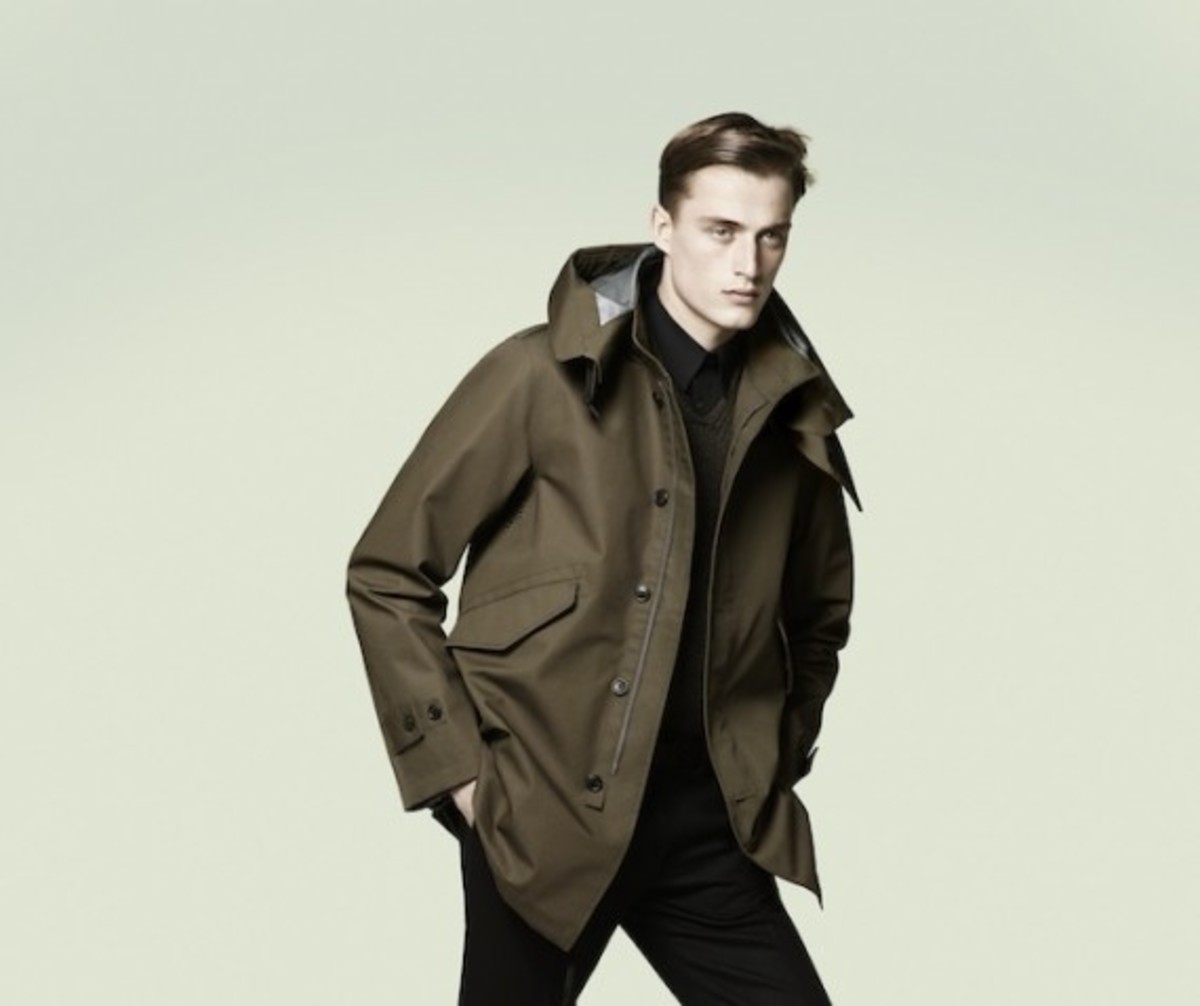
+J, Jill Sander’s collaborative effort with Uniqlo
But to say that Uniqlo is entirely not a fashion company is probably a wrong premise. Fast fashion it is not, but fashionable? It has in spades. While they have consistently provided the public with various choices of fits & colors for their products, Uniqlo also has had a hand in fashion especially in the recent years. It’s clearly demonstrated with their notable collaborations every year with KAWS, Christophe Lemaire, JW Anderson, Undercover, Tomas Maier & many more. Here is where brands (not dissing) should learn a thing or two from Uniqlo about collaborations: that is nigh on essential for you to carefully analyse the brands that you are about to get involved with & not just go with it blindly. Again, it is shown in Uniqlo’s collaboration choices, all of it clearly reflects the similarity of brand synergy that is evidently portrait in their products. You always get a good sense of what Uniqlo believes in & the collaborator’s unique design proposition, balancing out both to create perfect harmony.

Hana Tajima, who created headscarves for the brand
Besides producing fashionable clothing, Uniqlo also pays attention to what are their audience looking for, depending on the geographical locations their stores are at. A good example of this is the introduction of culturally-sensitive wear in Malaysia which is a huge market itself within the country. At the same time, they are not just offering optional designs to the Malay/Muslim consumers but also technological aspect into their religious wear designs such as incorporating AIRism to deal with the harsh, hot & humid weather while altogether respecting the community/culture within Malaysia.
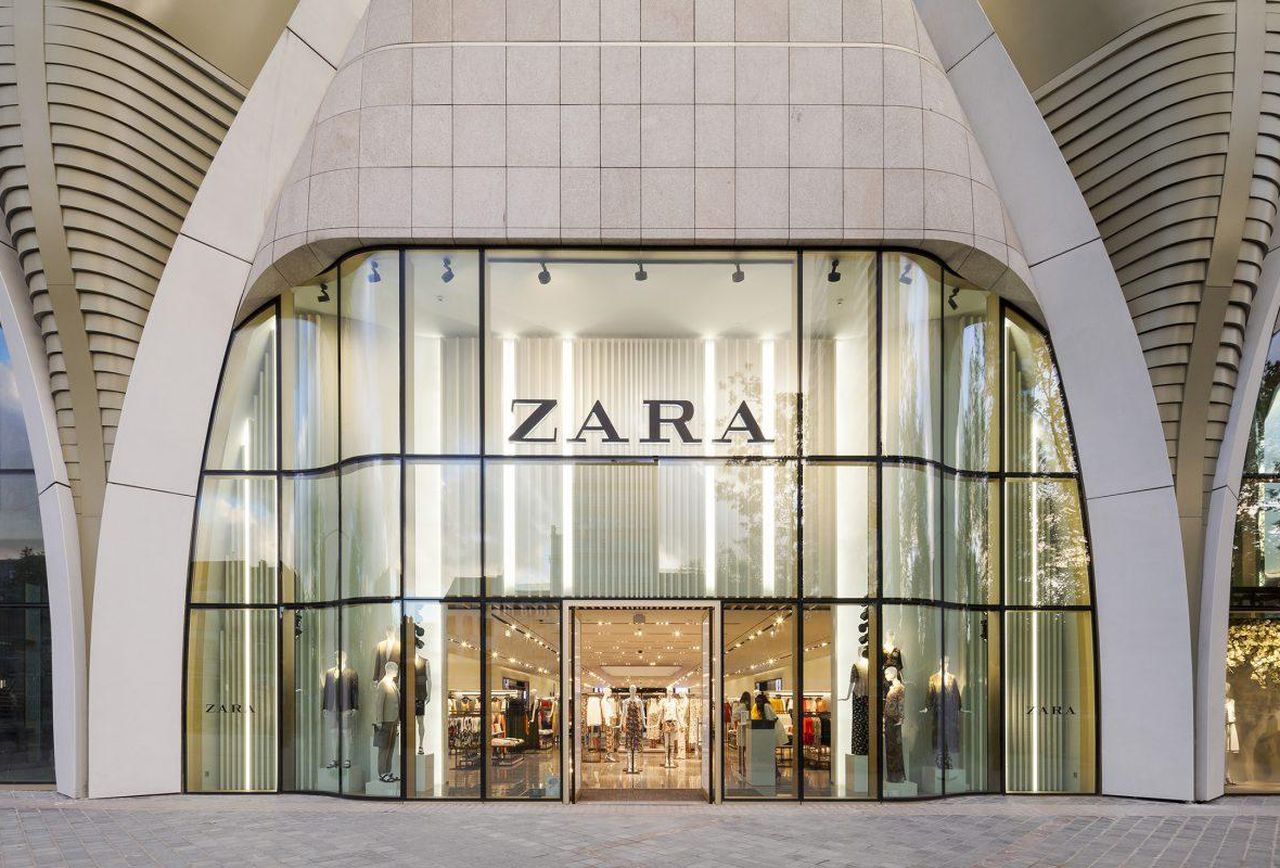
Uniqlo may not be the biggest retailer right now in the world. However, looking at their growth, world domination is almost inevitable. As we can see that now the world largest retailer Zara reporting slowdown in sales & weaker profitability, Uniqlo still manages to sustain & sticking to their roots in believing that affordable essentials are the way moving forward. Uniqlo’s business model has made it a formidable opponent, and one that can easily become the basis of your wardrobe without you consciously knowing.

